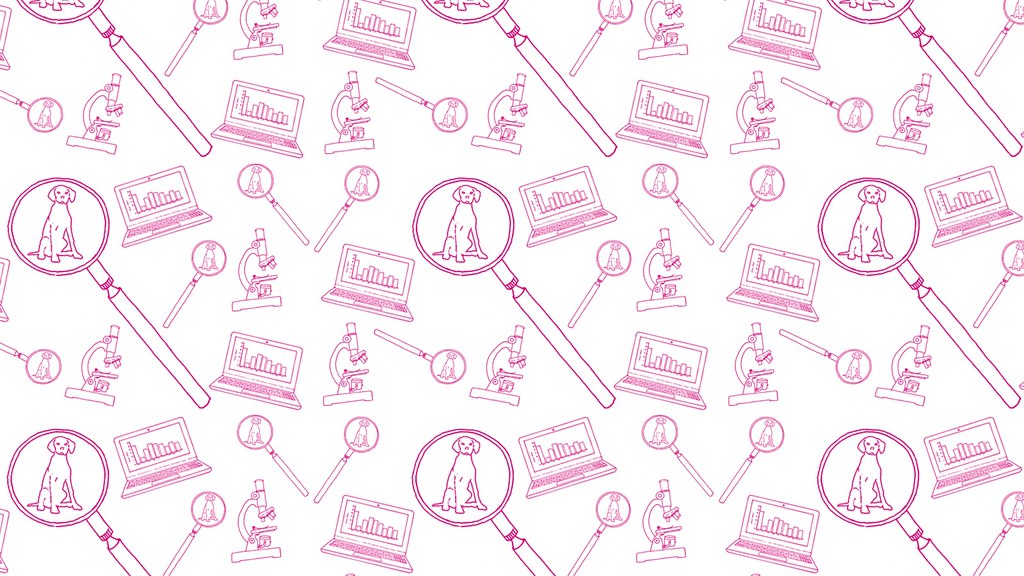
 At the start of the research process, it is important to understand the overall basic facts about your topic. These may include:
At the start of the research process, it is important to understand the overall basic facts about your topic. These may include:
Once you have an overall understanding of your topic, it is easier to identify the place and context of your specific research task.
If possible, it is best to start with an encyclopedia that has a paid subscription such as Encyclopedia Britannica or World Book listed below as they are published specifically for students, do not contain advertisements and the information has been checked by professional editors. These are better than the free versions that you find on the internet. You may find other encyclopedia subscriptions through your local public library. A dictionary or thesaurus may also be useful to help define terms and improve your understanding.
|
|
Flickr 2021, Flickr, viewed 26 July 2021, < https://www.flickr.com/photos/interactive-content/35521129473 >. |
|||

Below are some examples of Reference Books that can be found in the d'Houet Library. Search the catalogue to discover more.
 The World Book Encyclopedia 2013
by
The World Book Encyclopedia 2013
by
 There are many encyclopedias and reference tools available online, some are free and others are paid subscriptions. Before using an online encyclopedia, it is wise to check:
There are many encyclopedias and reference tools available online, some are free and others are paid subscriptions. Before using an online encyclopedia, it is wise to check:
Wikipedia is an internet encyclopedia compiled by interested internet users. While some of the information is accurate and complete and contributed by people who are authorities in the subject, this is not always the case. Often students are told not to use Wikipedia as a source as the information may not be accurate. Errors and important omissions may exist on Wikipedia for long periods of time before they are corrected. If you do use Wikipedia, always check the information gathered there with another source to see if it is the same. Below are some resources to help you decide what should and should not be used from Wikipedia.
ProQuest Video
Learn appropriate and inappropriate ways of incorporating Wikipedia into the research process.
HistoryPeeps
This video shows you how to analyze articles in Wikipedia for their credibility so you can assess if you use the information. Remember you should also verify this information from another source.

This video provides a quick overview of the various information and search functions available on Britannica, as well as unpacking the useful functions of an article. You must be signed into Google Drive with a Genazzano account to view this video.

This video provides a quick introduction to using the basic search function on World Book - but there is so much more you can do! You must be signed into Google Drive with a Genazzano account to view this video.
Below are some examples of Subject Dictionaries available in the d'Houet Library. Search the catalogue to find more.